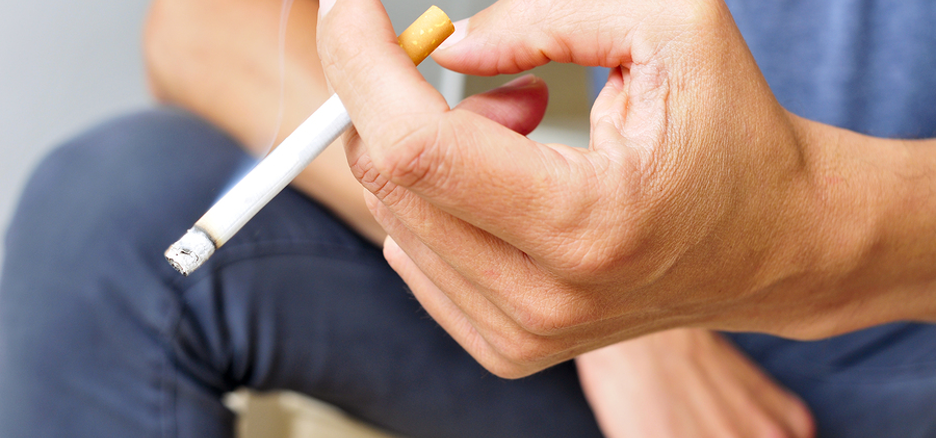You are sick and tired of your tobacco addiction. Smoking robs you of energy and money and even makes you feel like a social outcast as you walk outside on break to light up. Plus, you worry about your health. Coronary artery disease, stroke, COPD, lung cancer – which one of these health problems alone or in combination with a myriad of others will shorten your life?
Dr. Umang Patel, a primary care physician at the Woodridge Clinic, wants to assist you with your journey to a smoke- free life. With help, you can beat your nicotine addiction and change your life for the better.
How Quitting Can Change Your Life
Quitting smoking carries many physical and psychosocial benefits – in other words, your body and your sense of well-being improve when you abandon cigarettes. The American Cancer Society lists many advantages to a life without cigarettes, and, in fact, cites changes that continue to benefit former smokers even 15 years from that last cigarette.
For instance, non-smokers have no:
- smoker’s bad breath
- tooth staining
- yellowed fingertips
- cigarette burns on clothing and upholstery
If these advantages sound trivial, consider these facts also noted by the ACS:
- Carbon monoxide levels reduce in the bloodstream within 15 minutes of putting out that last cigarette.
- Within 1 to 9 weeks of quitting, smokers cough far less frequently, and shortness of breath upon exertion reduces dramatically.
- Fine cilia, hair-like structures within the lungs, become more mobile and sweep mucous and bacteria from lung tissue.
- 15 years after smoking cessation, the former smoker’s risk of stroke, lung cancer, heart disease, COPD and other debilitating and deadly health conditions equals that of a lifelong non-smoker.
Former smokers also note their increased ability to exercise and taste foods. They have more disposable income because they are not spending money on cigarettes. In addition, people who stop smoking feel good about themselves. They experience a boost in self-confidence as they claim, “I quit smoking!”
Quitting Can Be Difficult
No one would dispute that smoking is one of the hardest habits to break. Hunger, tobacco cravings, anxiety, and depression often accompany attempts to quit. However, Dr. Patel and the other physicians at Woodridge Clinic offer hope.
Smoking cessation works best with support – either in the form of self-help strategies or from group and individual smoking counseling at the Woodbridge Clinic. The National Cancer Institute offers a 24-hour quitline which helps individuals access smoking counseling services throughout the United States, including tips on coping with withdrawal symptoms. (Call 1-800-QUIT-NOW.)
Finally, ask Dr. Patel about over the counter nicotine alternative patches and lozenges. Prescription medications such as Zyban work really well combined with one-on-one, telephone or group counseling.
You Can Do It
Your smoke-free, healthy life begins with a call to Woodridge Clinic. Speak to a caring professional such as Dr. Patel about smoking cessation. Call today for an appointment: (630) 910-1177.

